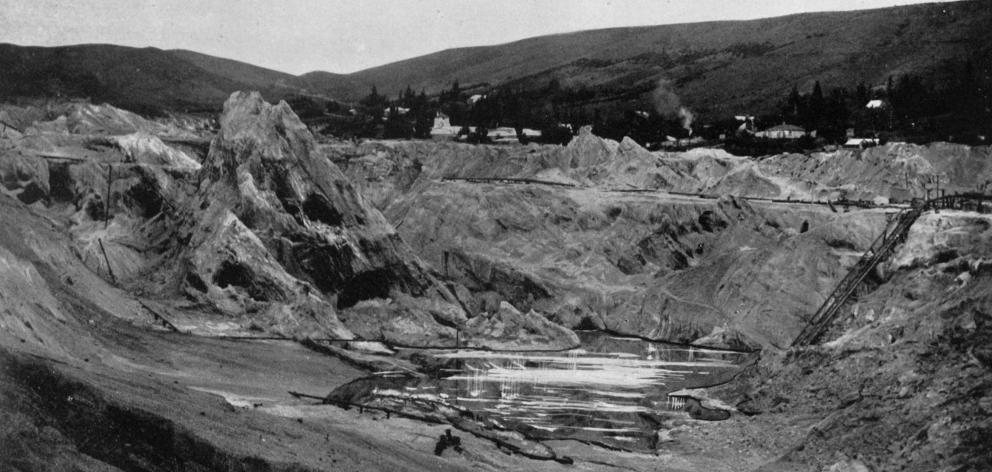
The total effectives must never exceed 100,000, including 4000 officers and the troops in the depots. This army must be exclusively devoted to the maintenance of order within Germany and the control of her frontiers. No army staff shall be permitted, and the general staff is to be dissolved, and not to be reconstituted in any form. Officers and persons in the position of officers in the War Department and Ministers are not to exceed 300 in number, and the civilian army administration personnel is not to exceed one-tenth of that prescribed in the 1913 German Budget. Munitions must be stored at points notified to the Allies, and the German Government is forbidden to establish any other stocks, depots, or reserves of ammunition. The maximum stores allowed for such guns and forts as Germany will be allowed to retain will be 2500 rounds for each gun of 10.6 centimetre and less, and 500 rounds for heavier guns. The manufacture of war material must be restricted to factories to be notified to the Allies. All other war factories, arsenals, and depots must be closed, and their personnel dismissed within two months of signature, and superfluous munitions of war plants must be surrendered. The importations and exportations of war material are prohibited, also the use of asphyxiating and poisonous gases and analogous liquids and devices. Armoured cars are prohibited, also their manufacture and exportation.
Spectacular meteorite strike
It was only on Saturday (writes the Akaroa correspondent of the Christchurch Press) that many people heard of a unique experience that had befallen some Wainui folk some 10 days before. It happened on the afternoon when the heavy thunderstorm struck the end of the Banks Peninsula. Some men were on the mountain side, towards Bossu, when there came hurtling through the air above them what one described as "a lurid shell, about the size of a huge oildrum, with a kind of triangular fiery tail behind it''. This aerial visitant shot above Mr Hooker's woolshed, missed Mr Dave Wright's house by, apparently, a few feet, and then disappeared from view into the bush below, when came sound of a tremendous concussion. Subsequent investigation showed that it had struck a sturdy manuka tree a mighty glancing blow, ploughed a furrow over a foot deep along a clay path, hit another big tree, cannoned off on to a third, left another furrow lower down, and then had gone over the edge of a low cliff into the sea. All the windows in Mr Wright's house were cracked or broken by the passing of the meteorite, which, by the way, left two fragments near the tree it first struck. These pieces, now in the possession of the Rev. A. H. Julius, Akaroa, will be forwarded to Mr Robert Speight for examination.
Maori remedy for scours
A farmer informed a Levin Chronicle representative that he knew of a case where a herd of 60 calves was badly attacked with scour, and all would probably have died but for the treatment with biddy-biddy. The plants were pulled and boiled, and about half a pint was given to each calf, with a similar quantity of milk. All the calves were saved but three. The plant is very well known to the Natives for its medicinal properties. - ODT, 26.3.1919.












